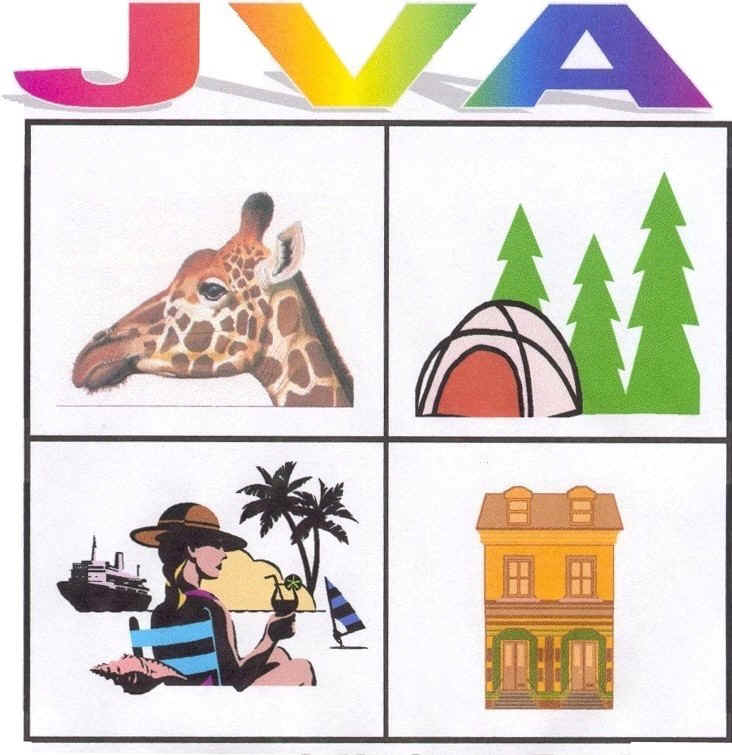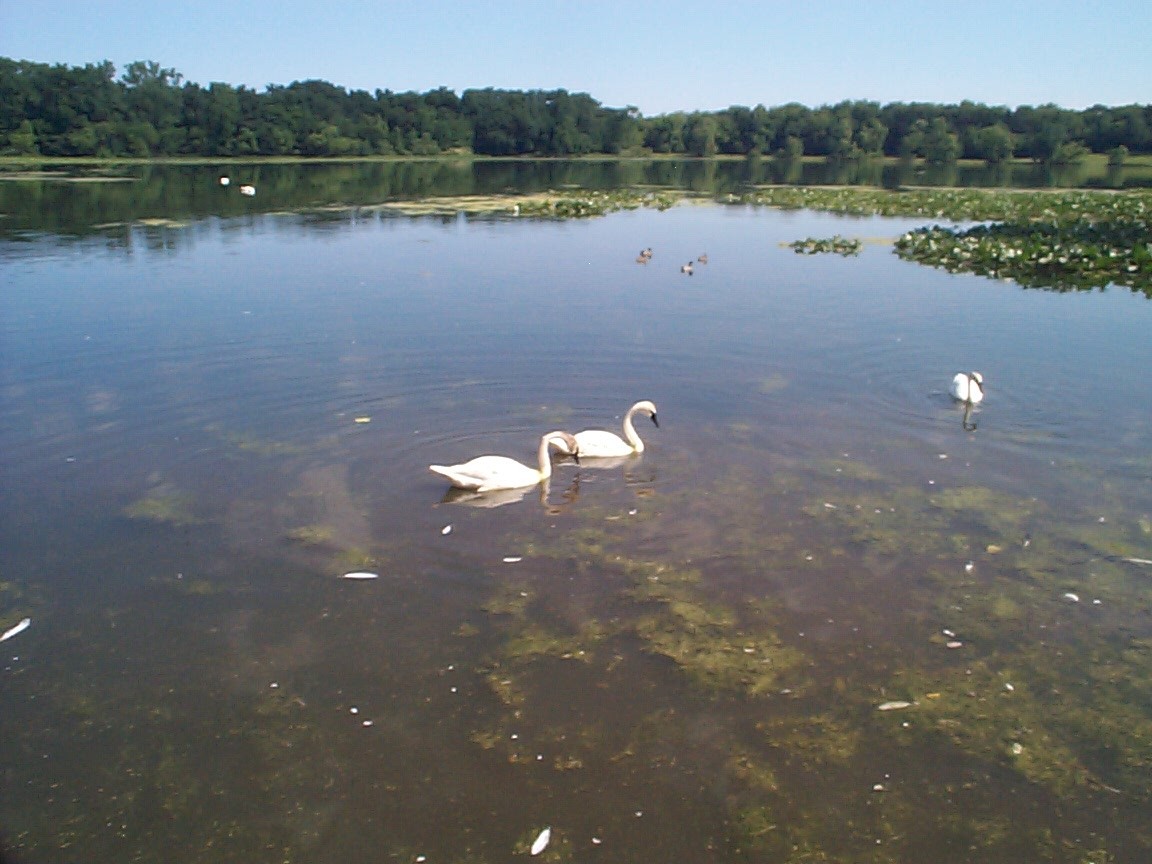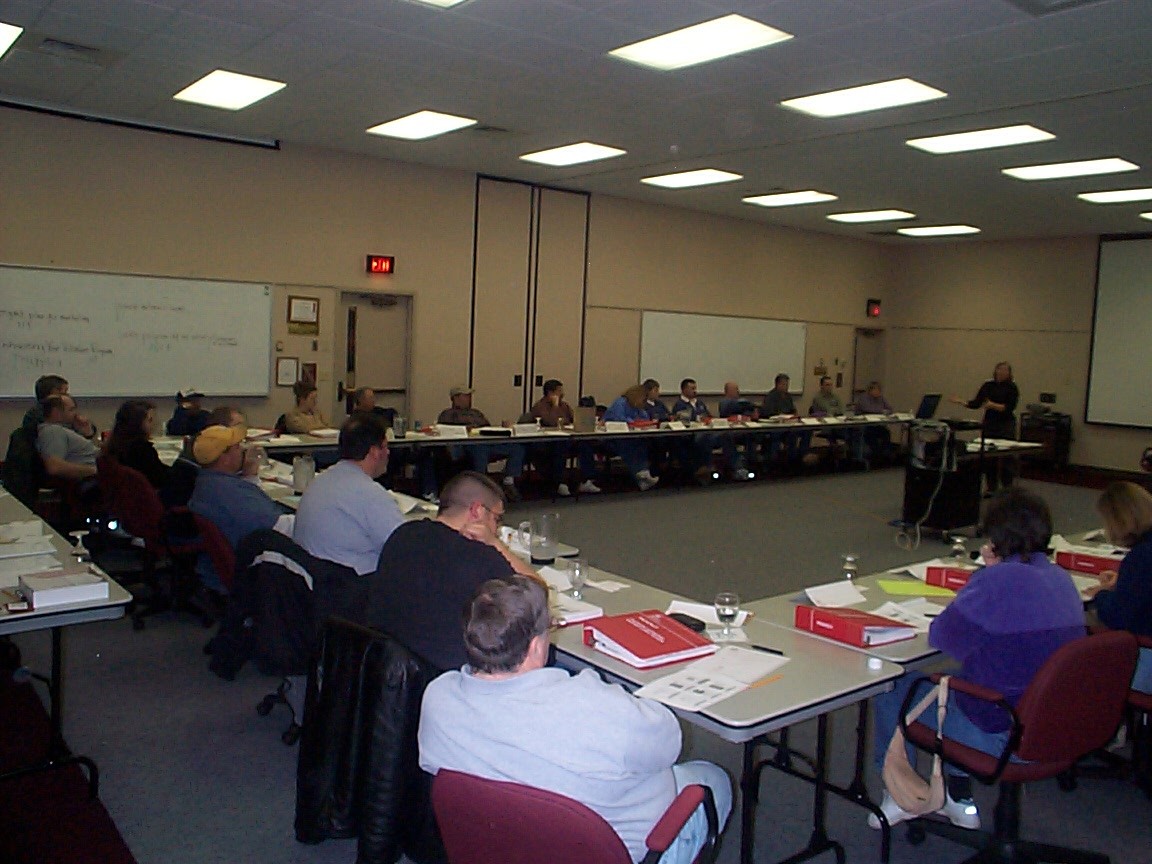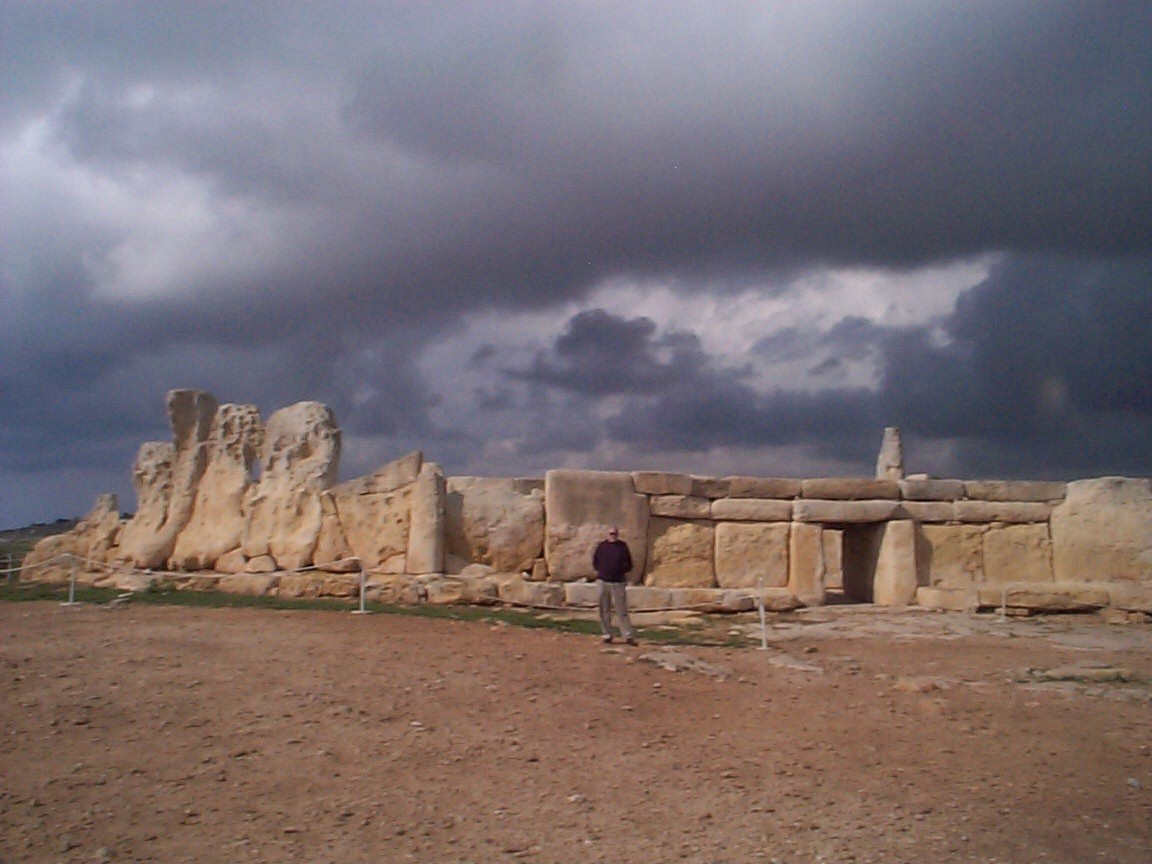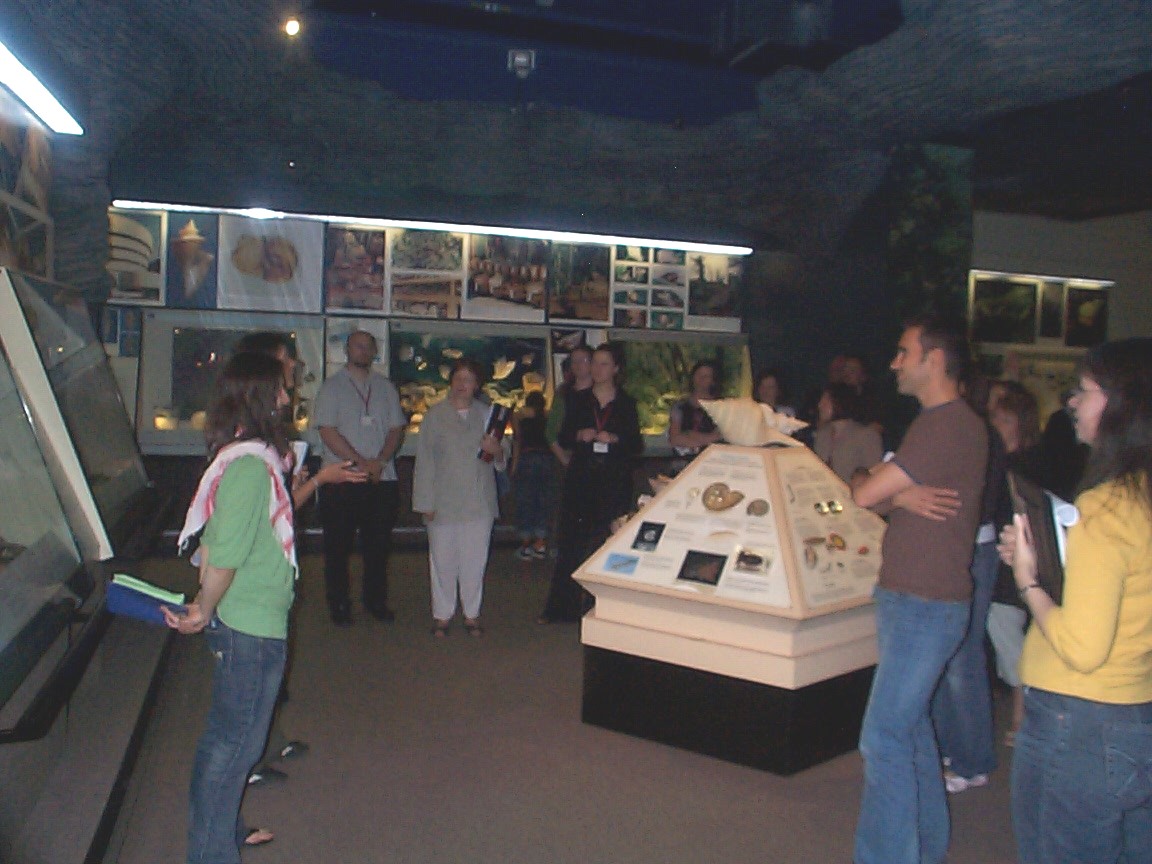Using interpretive themes and objectives will make
your
program planning easier and more effective.
By
John A. Veverka
Perhaps two of the areas where there is often the most confusion in planning for
interpretive programs or services is that of developing interpretive themes and
interpretive program or services objectives. Here are a few ideas and examples that may
help making this part of the interpretive planning process easier and more effective.
What is an Interpretive Theme?
A theme is the central or key idea of any presentation. When communicating with your
visitors, the audience should be able to summarize the main point of the program in one
sentence. This sentence would be the theme. Development of a theme provides organizational
structure and clarity of purpose of the program. Once the main interpretive or story line
message theme has been decided, everything you do in presenting the program or service to
the audience falls into place. The main strategy then of the interpretive program is to illustrate
the theme statement.
Themes should:
* Be stated as a short, simple, complete sentence.
* Contain one main idea if possible.
* Reveal the overall purpose of the program or activity.
* Be interestingly and motivationally worded when possible.
Here are some examples of themes:
- Exploring caves is a sensual experience.
- We manage our habitats to benefit both people and wildlife.
- Backyard wildlife needs your help.
- Our forest has many plants that heal.
- Living in the Smith homestead was full of daily challenges.
- We need to preserve wetlands for five reasons.
- Steam engines changed our lives in three ways.
It is important not to confuse themes with topics. Examples of topics that might
be mistaken for themes might be:
- Birds of the Park.
- Seasonal Wildflowers
- Bird migration.
- Cooking with native plants.
Be sure your themes are "complete sentences" – and meet the other
criteria noted above.
Interpretive Objectives
Many interpretive programs or services are planned without objectives or
"real" outcomes. I find it hard to successfully plan any interpretive program,
service or media without clearly understanding just what it is the interpretation is
supposed to accomplish.
Objectives vs. goals.
There is often some confusion between the two. I usually don’t use goals, as goals
aren’t measurable, like "it is my goal to go to Florida some day".
Objectives are outcome driven and measurable. For example if we had the interpretive
theme: "Wetlands benefit us in amazing ways." then we need to
develop interpretive objectives that would help illustrate that theme, such as: At
the completion of this program all participants can identify three ways that wetlands
benefit us..
This objective statement can be pre tested with visitors to see if they already know or
can name three benefits, and then post tested after the program to see if they can name
three benefits. If they can’t – the program didn’t accomplish its
objectives. You can’t really evaluate the success of any interpretive program or
service without first understanding what the outcomes - objectives - of the program or
service were.
I use three kinds of objectives in interpretive program/service planning, Learning,
Emotional and Behavioral. Here are some examples.
Upon the completion of the program,
Learning objectives: The majority of visitors will be able to (name, list,
describe) three reasons that wetlands should be protected.
Emotional objectives:
- The majority of visitors will FEEL good about the preservation work we are doing here
to protect wetlands.
- The majority of visitors will feel that protecting wetlands does indeed benefit them,
their community and the environment.
Behavioral objectives:
- The majority of visitors will want to see the wetland exhibits in the Nature Center.
- The majority of visitors will consider contributing to our "preserve the
wetlands" fund.
- The majority of visitors will want to walk our wetlands trail looking for the wetland
features from the program.
These Learn – Feel - and Do objectives are central to interpretive program
planning – particularly the Feel and Do objectives. You can have as few or as many
objectives as you want. They are your guidepost to what is really important for the
program to accomplish and how you want the program to affect your visitors. Two hints in
making sure your objectives are marketable (people will want to come to the program). Ask
yourself:
1. Why would my visitors want to know this information?
2. How do I want my visitors to USE this information (from the program)?
The answers to these questions may help guide your objective (program content and
proposed outcomes) development.
Summary:
With your theme in hand, and your objectives in place, you are now ready to develop the
various teaching aides, demonstrations, slide presentation, and program presentation to
illustrate your theme, and then evaluate the effectiveness of your program.
Remember that the theme is the one thing that - by gosh if nothing else – the
visitor remembers from the interpretive program or service. You begin the program by
stating the theme – and them summarize the program at the end by again stating the
theme "Now you have seen three examples of how protecting wetlands benefits
you".
The objectives will focus the content of the program, help you plan the total
presentation, and will be used to evaluate the program to see if it was really successful
– or just entertaining.
Now you know, and can hopefully describe why:
Using interpretive themes and objectives will make your
program planning easier and more effective.
_____________
John Veverka is president of John Veverka & Associates and is a NAI Certified
Interpretive Trainer and Certified Interpretive Planner. For more of
John’s articles on Interpretive Planning, Interpretive Theme Development, and related
topics, visit his web site LIBRARY at: www.heritageinterp.com.
You can reach John at jvainterp@aol.com, or by
phone at (517) 651-5441.
